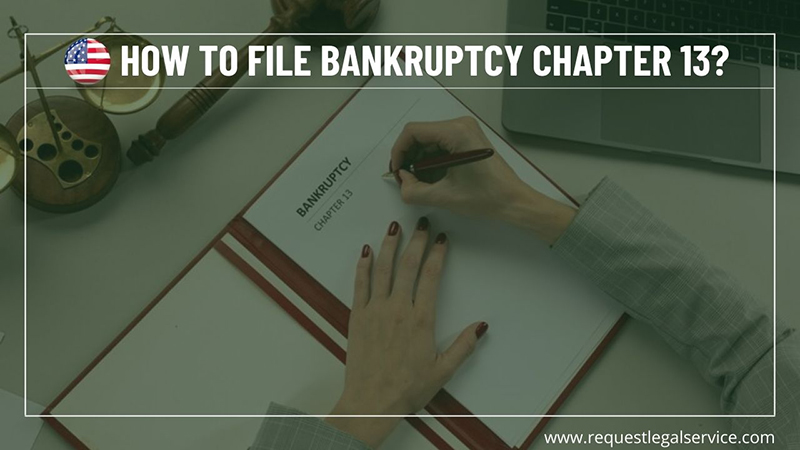
Note: The writer compiled the following data from various resources. The article should be considered informational. To better understand your case and requirements to file bankruptcy, you should consult with an attorney.
What is chapter 11?
If engaged in business, corporations, partnerships, or sole proprietorships, debtors should consider filing a petition under chapter 11 of the Bankruptcy Code to remain in business and avoid liquidation.
Under chapter 11, the debtor may seek an adjustment of debts by either reducing the debt, extending the repayment time, or seeking a more comprehensive reorganization.
What is the eligibility for Chapter 11 bankruptcy filing?
Individuals, corporations, partnerships, joint ventures, and limited liability companies are all eligible to be Chapter 11 debtors.
No debt or income requirements or limitations exist for filing bankruptcy under Chapter 11.
How much time do you need to make the payment?
It depends upon the payment plan constructed between the debtor and the creditor.
Typically, it takes three to five years to complete the Chapter 11 plan of a small business debtor.
Are your assets protected in chapter 11?
The chapter 11 bankruptcy case of a corporation (corporation as debtor) does not put the stockholders’ assets at risk other than the value of their investment in its stock.
In a partnership bankruptcy case (partnership as debtor), however, the partners’ assets may, in some cases, be used to pay creditors in the bankruptcy case, or the partners themselves are forced to file for bankruptcy protection.
A bankruptcy case involving a sole proprietorship includes the business and personal assets of the owners-debtors.
Can you file for bankruptcy yourself?
You can go through the paperwork and court process yourself without an attorney.
However, It’s complex and tricky. So you have to be careful and precise. It’s wise to consult with an attorney.
Can you file chapter 11 online?
You can do many paperwork and educational requirements online with help from a bankruptcy attorney or a non-attorney bankruptcy petition preparer.
However, personally, meeting with creditors and pleading your case in court hearings must be done.
How to file for chapter 11 bankruptcy?
- A chapter 11 case begins with filing a petition with the bankruptcy court serving the area where the debtor has a domicile, residence, or principal place of business.
- The debtor or the creditor can file the petition if it meets the requirements.
- File schedules of assets and liabilities; a schedule of current income and expenditures; a schedule of executory contracts and unexpired leases; a statement of financial affairs. Fed. R. Bankr. P. 1007(b).
- Must file a written disclosure statement and a reorganization plan. 11 U.S.C. §§ 1121, 1125.
Filling Fees
The courts must charge a $1,167 case filing fee and a $571 miscellaneous administrative fee.
However, you can pay it in installments with the court’s permission.
Pay the final installment no later than 120 days after filing the petition. However, for cause shown, the court may extend the time of any installment, provided that the last installment is not later than 180 days after filing the petition. Fed. R. Bankr. P. 1006(b).



